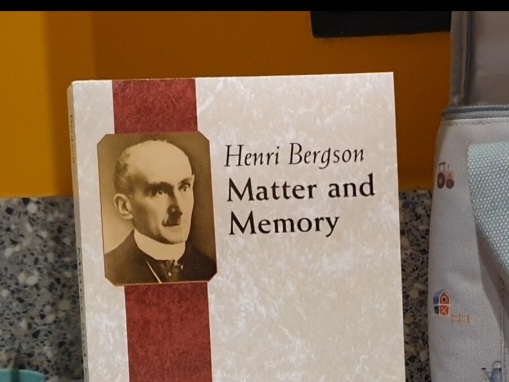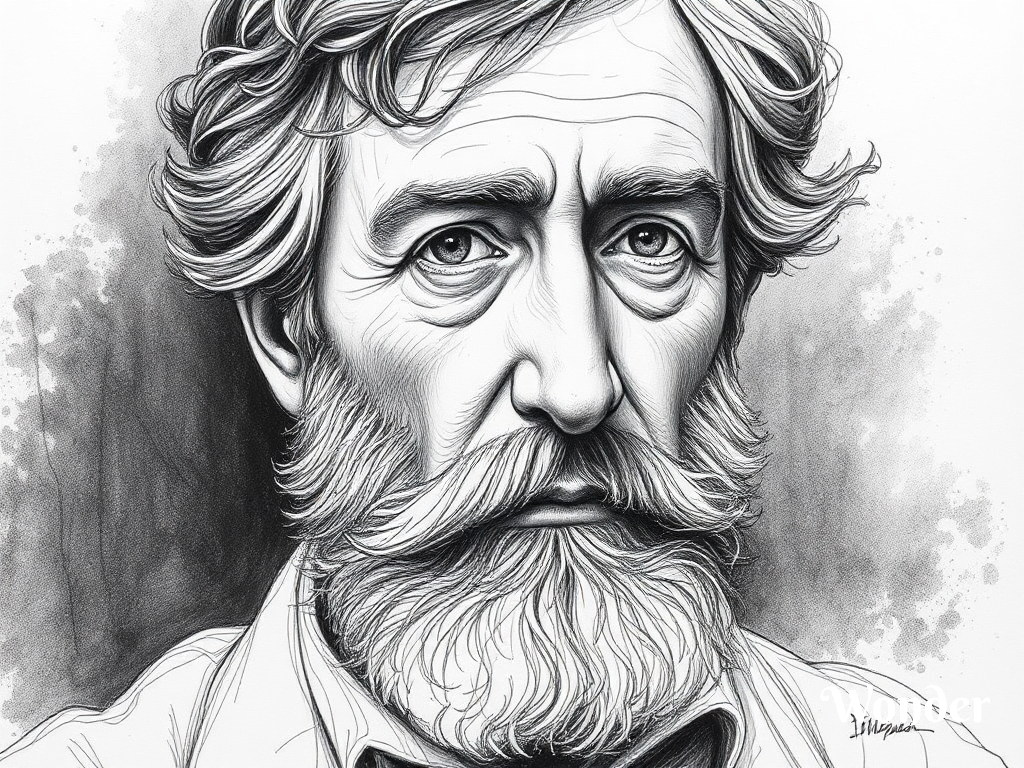Henri Bergson, a prominent French philosopher of the late 19th and early 20th centuries, is celebrated for his unique contributions to philosophy, particularly in the realms of time, consciousness, and creativity. His ideas diverged significantly from the dominant philosophical paradigms of his time, and his work continues to influence a variety of fields, including literature, psychology, and metaphysics. Here’s what makes Bergson’s philosophy special.
One of Bergson’s most significant contributions is his concept of “duration” (la durée). Unlike the scientific notion of time, which is linear and divisible into measurable units, Bergson’s duration is qualitative, continuous, and indivisible. He argued that real time is experienced as a flow, an unbroken continuity that cannot be fully captured by quantitative analysis. This idea challenged the prevailing scientific and philosophical conceptions of time, which largely treated it as a series of discrete moments.
Intuition Over Intellect
Bergson placed a strong emphasis on intuition over intellect. He believed that intellectual analysis could only provide a fragmented understanding of reality, as it tends to break down continuous experiences into discrete, analyzable parts. Instead, Bergson advocated for intuition as a means of grasping the essence of life and reality, enabling a direct, holistic experience of duration. This approach was revolutionary, as it questioned the supremacy of rational, scientific methods in understanding the world.
Vitalism and Élan Vital
Another distinctive aspect of Bergson’s philosophy is his theory of vitalism, particularly the concept of élan vital, or “vital impetus.” He proposed that life is driven by a vital force that propels it toward creativity and evolution. This idea stood in contrast to mechanistic views of life, which explained biological processes in purely physical and chemical terms. Bergson’s vitalism suggested a dynamic, creative force underlying life, emphasizing the unpredictability and novelty inherent in the evolutionary process.
Critique of Mechanistic and Materialistic Views
Bergson was a critic of the mechanistic and materialistic interpretations of reality that dominated the scientific and philosophical discourse of his time. He argued that such perspectives failed to account for the complexities and lived experiences of human consciousness. Bergson’s emphasis on qualitative, subjective experiences challenged the reductionist views that sought to explain consciousness and life solely through physical processes.
Influence on Literature and Art
Bergson’s philosophy had a profound influence on the literary and artistic movements of his time. Writers such as Marcel Proust and Virginia Woolf drew on his ideas to explore themes of memory, time, and consciousness in their works. Bergson’s emphasis on intuition and experience resonated with the modernist movement, which sought to break away from traditional forms and representations.
Impact on Psychology and Cognitive Science
Bergson’s insights into the nature of consciousness and memory have also impacted the fields of psychology and cognitive science. His ideas prefigured later developments in these disciplines, particularly the understanding of the subjective and fluid nature of human cognition and perception.
Conclusion
In summary, Henri Bergson’s philosophy is special due to its innovative exploration of time, consciousness, and creativity. His emphasis on intuition, critique of reductionism, and the introduction of concepts like duration and élan vital, set his work apart from the philosophical currents of his era. Bergson’s ideas continue to inspire and provoke thought, offering a rich, dynamic perspective on the nature of reality and human experience.




